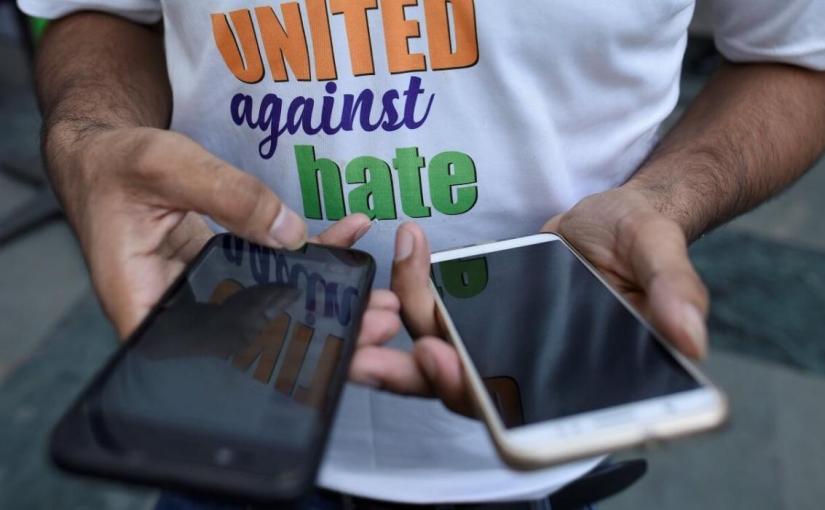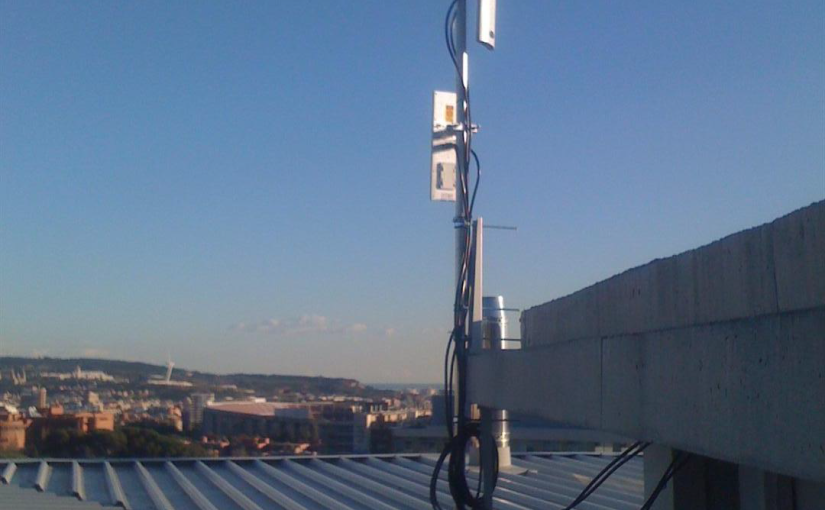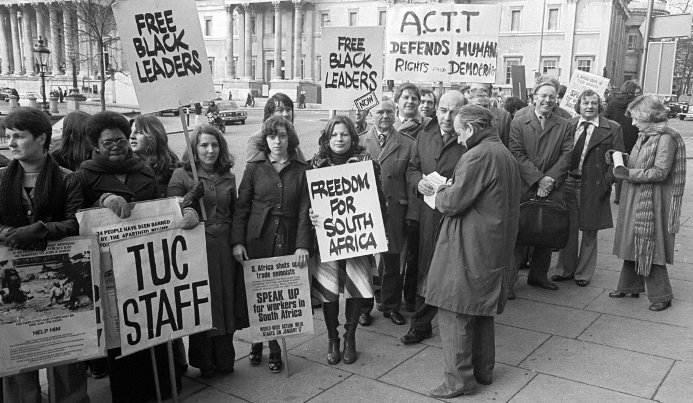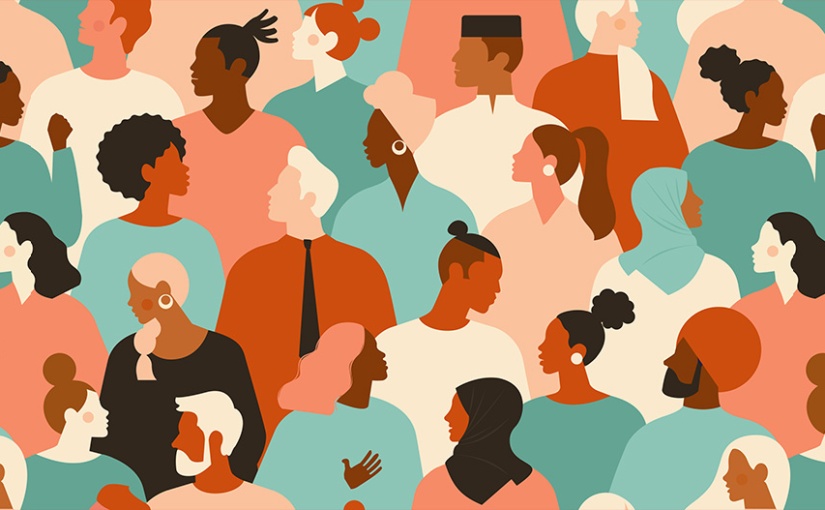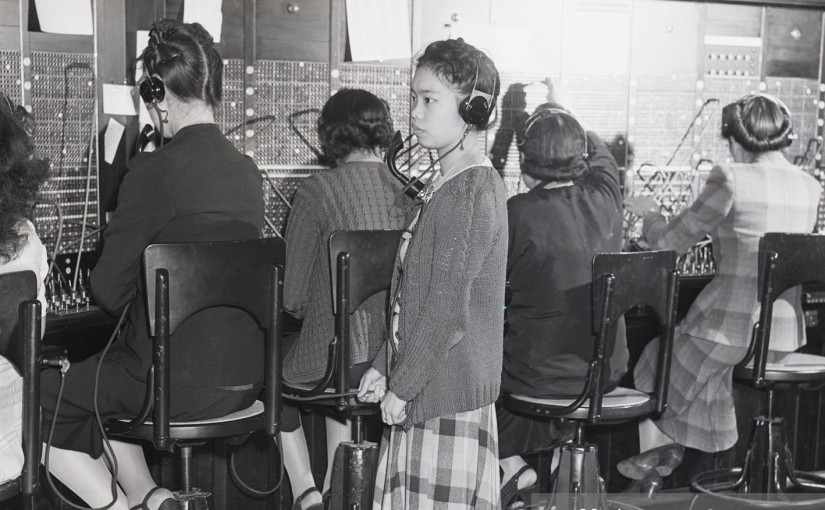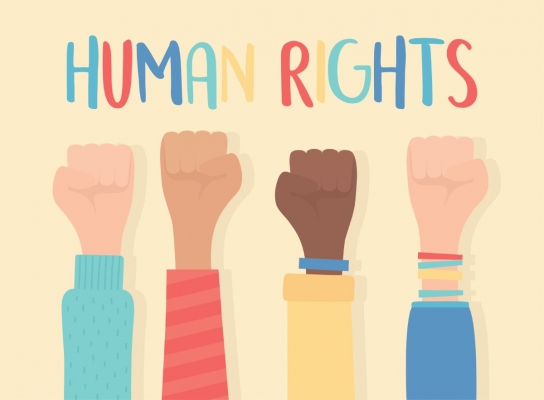De virtuele ruimte van de online platformen zal door de Wet Digitale Diensten (DSA) onderste boven worden gekeerd. Eens de wet volledig uitgerold, begin 2024 zullen sociale netwerken nooit meer zijn als daarvoor. DSA houdt de belofte in dat illegale inhoud, zoals haat zaaiende taal, sneller van het internet wordt verwijderd. Het basisprincipe is: wat offline illegaal is, moet ook online illegaal zijn. Socal bots en click farms worden een halt toegeroepen. De internetreuzen als Meta zullen bovendien inspectie moeten toelaten van hun algoritmes, die bepalen welke berichten een gebruiker van Facebook of Instagram te zien krijgt. Het is onmogelijk om volledig te zijn in dit bestek. De tekst beslaat 310 pagina’s. Juristen, mensenrechten- en andere burgerorganisaties moeten de wet zelf bestuderen. Hier een korte bespreking. Wat staat er zoal in?
Inleiding en enkele definities
Sedert 15 juni 2022 is er de volledige tekst beschikbaar van de Wet Digitale Diensten, DSA, aangeduid op de website van het EP als ‘Text of the provisional agreement on the digital services act’, met een download link. Het primaire doel van de DSA is het tot stand brengen van harmonisatie voor de regulering van digitale diensten in heel Europa; als EU-verordening en niet als richtlijn, is het rechtstreeks van toepassing in elke lidstaat. De DSA vereist een handhavingsregime dat naadloos werkt om te zorgen voor een gelijke toepassing van de verordening in de hele Unie.
De preambule is genummerd per paragraaf tot nummer (106a). Daarna worden de 74 genummerde artikels van de wet weergegeven. Ik beperk mij tot regels voor sociale netwerken die vooral voor gebruikers van belang zijn en behandel ook enkel zaken die toepasbaar zijn in België, want als er een zetel van een van de platformen gevestigd is in een land van de EU, zoals in Ierland en Luxemburg, wordt het wel heel ingewikkeld. Je kan een uitgebreide serie artikels raadplegen in het Engels waar ook de wereldwijde impact op de handhaving van online platformbeheer behandeld wordt, op de website van het ‘Center for Democracy and Techology’: het eerste, tweede en derde.
De term ‘sociale netwerken’ (Meta… en Tik Tok) of ‘internet platformen’ (Apple App Store, Amazon… en Google) wordt gebruikt in de preambule zoals we die in de omgangstaal gebruiken. In de wetteksten wordt veelvuldig de term ‘intermediaire diensten’ gebruikt als een container voor beide. Ik zal dus verder soms ook die term gebruiken, als de wet slaat op beide. VLOP, staat voor ‘Very Large Online Platforms’, VLOSE, staat voor ‘Very Large Online Search Engins’. Dit wil in beide gevallen zeggen, met meer dan 45 miljoen gebruikers, (zie ook artikel 25 en artikel 33a).
De definitie van ‘illegale inhoud’ luidt als volgt:”In het bijzonder moet dat begrip worden begrepen als te verwijzen naar informatie, ongeacht de vorm ervan, die volgens het toepasselijke recht ofwel zelf onwettig is, zoals illegale haat zaaiende uitlatingen of terroristische inhoud en onwettige discriminerende inhoud, of die volgens de toepasselijke regels onwettig is van het feit dat het betrekking heeft op illegale activiteiten. Illustratieve voorbeelden zijn onder meer het delen van afbeeldingen waarop seksueel misbruik van kinderen te zien is, het onrechtmatig delen van privéafbeeldingen zonder wederzijds goedvinden, online stalking, de verkoop van niet conforme of namaakproducten, de verkoop van producten of het verlenen van diensten in strijd met de wetgeving inzake consumentenbescherming, het niet toegestaan gebruik van auteursrechtelijk beschermd materiaal, het illegaal aanbieden van accommodatie, diensten, of illegale verkoop van levende dieren.” (paragraaf 12)
Continue reading De Wet Digitale Diensten van de EU onder de Loep
